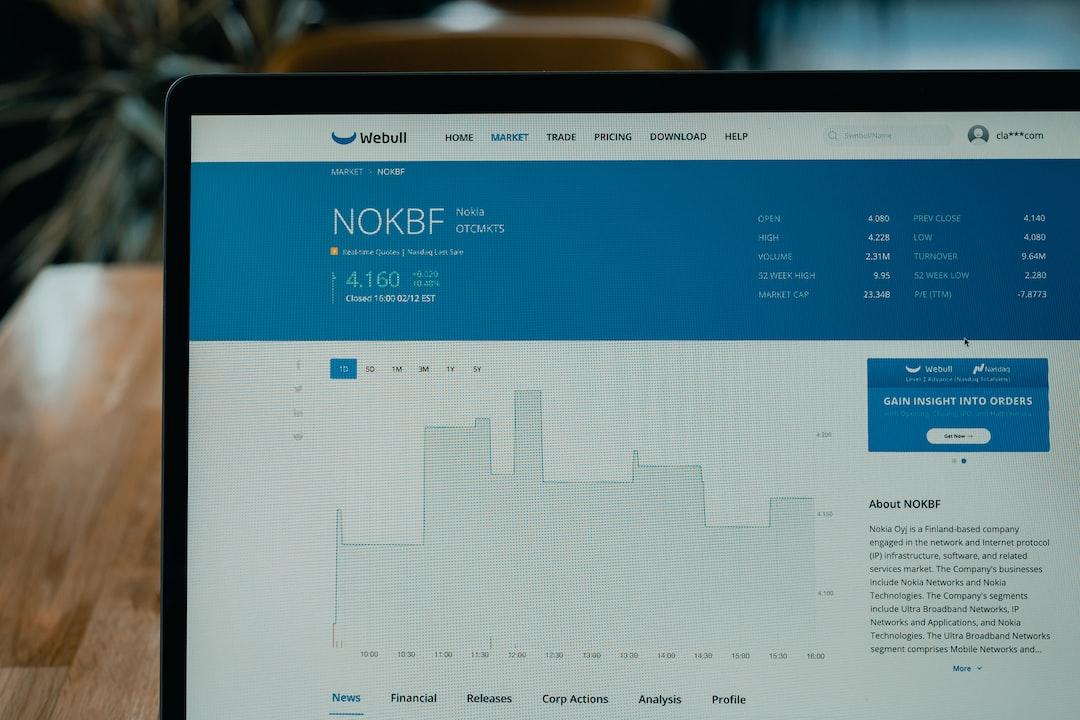The US House of Representatives has put forward a bill called the US Blockchain Integrity Act, which aims to strengthen regulations in the cryptocurrency industry. The bill specifically targets cryptocurrency mixers, which are commonly used for illegal financial activities. Led by Sean Casten and supported by other Democratic representatives, the proposed legislation seeks to impose a two-year ban on the use of cryptocurrency mixers.
Cryptocurrency mixers function as pools that allow users to create new addresses and withdraw funds without revealing the connection between the depositor and withdrawal addresses. This lack of transparency poses a significant challenge for law enforcement agencies, as it hinders their ability to trace the origins and destinations of funds and provides a means for unlawful activities.
The main objective of the proposed legislation is to disrupt the flow of illicit funds and promote transparency. It does so by prohibiting financial institutions, cryptocurrency exchanges, and registered money service businesses from accepting funds that have been processed through a mixer. Violators of this ban would face civil penalties of up to $100,000, serving as a deterrent against facilitating mixer-related transactions.
Additionally, the bill requires the Treasury Department to compile a comprehensive report during the ban period that evaluates various aspects of mixer transactions. This includes assessing their involvement in illicit finance, legitimate use cases, law enforcement capabilities, and regulatory approaches in other jurisdictions.
Cryptocurrency mixers have come under scrutiny due to their role in obscuring transaction trails and enabling user anonymity. This has raised concerns among law enforcement agencies about their exploitation by criminals for money laundering and terrorist financing.
However, the proposed ban faces political challenges, particularly in the Republican-majority House, where its passage is uncertain. While Democrats argue that the ban is necessary to combat illicit finance, Republicans express concerns about stifling innovation and the need for balanced regulatory oversight.
In addition to legislative efforts, US authorities have previously taken action against cryptocurrency mixers. For example, the Treasury has targeted mixer service Tornado Cash, and legal actions have been taken against mixer developers for money laundering and sanctions violations.
Lawmakers have also expressed concerns about offshore-issued stablecoins like Tether, citing potential links to illicit finance. Stablecoins, which are pegged to fiat currencies and facilitate transactions within the cryptocurrency ecosystem, have gained popularity but have raised questions about issuer transparency and regulatory oversight.
Recently, the Poloniex hacker, responsible for a security breach last year, used the Tornado Cash mixer to launder $3.4 million worth of Ethereum. A report from blockchain intelligence firm Chainalysis reveals a surge in the popularity of crypto mixers in 2022, with these services receiving more cryptocurrency than ever before. The report also shows that illicit addresses accounted for 23% of the funds sent to mixers in 2023, a significant increase from 12% in 2021. The rise in mixer usage is attributed to an increase in the share of funds deemed illicit, which is now the main driver behind the uptick in mixer activity.

